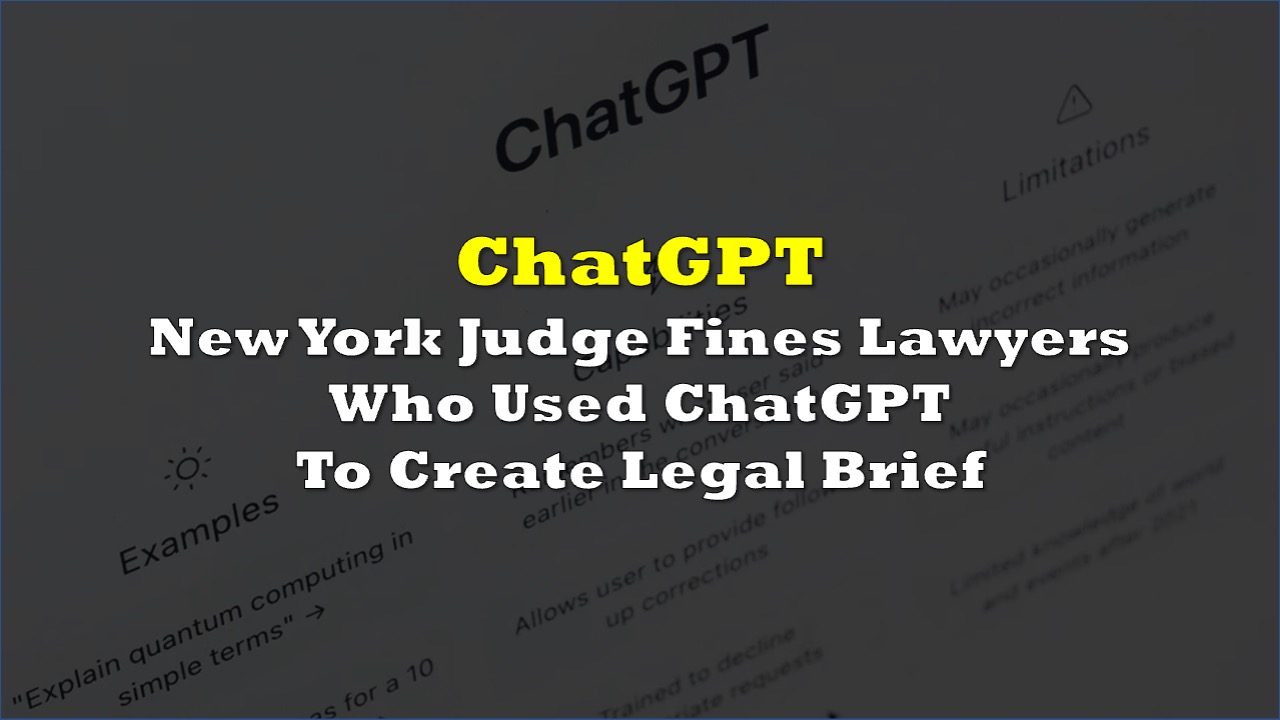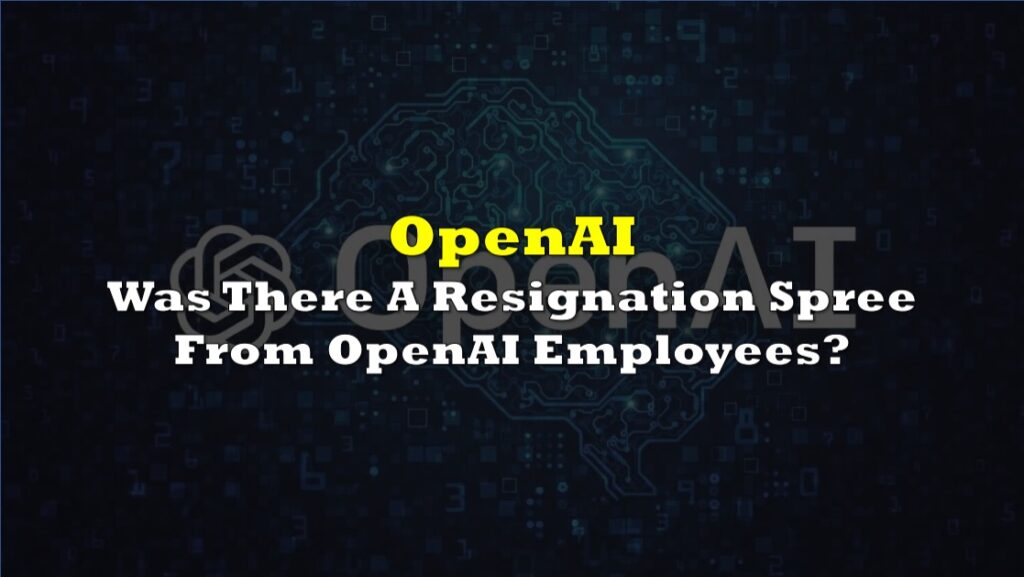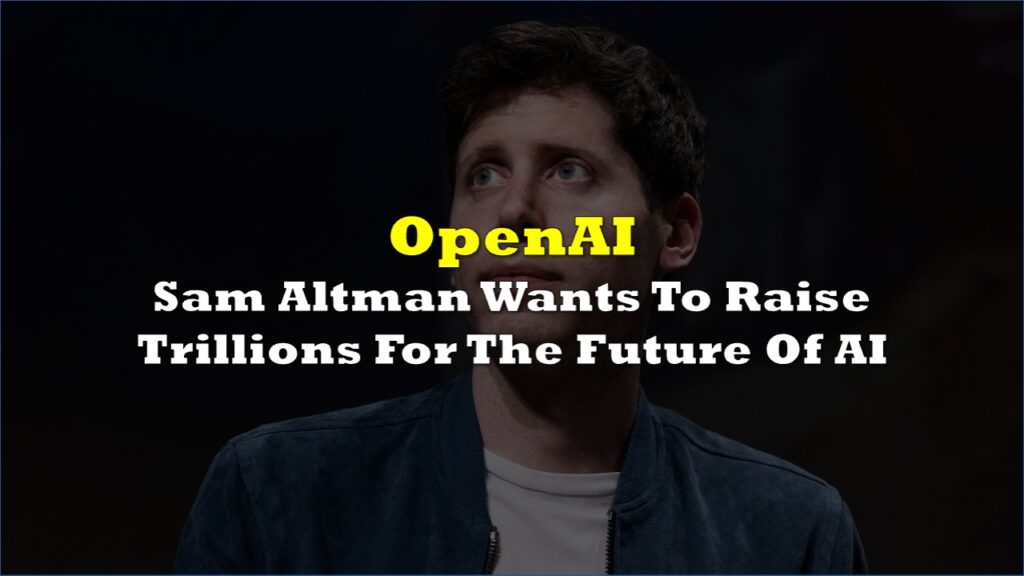The lawyers who submitted a legal brief that was created using OpenAI’s large language model (LLM) ChatGPT were sanctioned by a Manhattan judge on Thursday.
Judge P. Kevin Castel imposed a $5,000 fine on attorneys Peter LoDuca and Steven Schwartz, and their law firm Levidow, Levidow & Oberman. Castel said that the two “abandoned their responsibilities” when they used artificial intelligence to produce a legal brief that came with made-up cases and citations for what was supposed to be an unremarkable lawsuit in March.
Their client, Roberto Mata, was suing the airline Avianca over claims that he was wounded when a metal service cart hit his knee on an August 2019 flight from El Salvador to New York. Avianca then filed a motion to dismiss the case, prompting the lawyers to “write” the 10-page legal brief.
The judge said that Mata’s lawyers, which he addressed as “Respondents,” “continued to stand by the fake opinions after judicial orders called their existence into question.”
“But if the matter had ended with Respondents coming clean about their actions shortly after they received the defendant’s March 15 brief questioning the existence of the cases, or after they reviewed the Court’s Orders of April 11 and 12 requiring production of the cases, the record now would look quite different,” Castel wrote.
The judge also ordered LoDuca and Schwartz to notify their client and each of the judges whose names were “wrongfully invoked” in the made-up cases and citations about the sanctions. He noted the potential harm that being falsely invoked as authors of bogus opinions can cause to the reputation of the judges.
Castel added that the court will not order the respondents to apologize, “because a compelled apology is not a sincere apology.” Instead, he leaves the decision to the ChatGPT lawyers. He also emphasized that the fine is not imposed as a means to punish or compensate, but instead to “advance the interests of deterrence.”
“Technological advances are commonplace and there is nothing inherently improper about using a reliable artificial intelligence tool for assistance,” he wrote. “But existing rules impose a gatekeeping role on attorneys to ensure the accuracy of their filings.”
In a separate order, Castel granted Avianca’s request to dismiss the suit on the grounds that it was filed after the two-year window allowed for international air travel claims under the Montreal Convention has expired.
Information for this story was found via CNBC, The New York Times, and the sources and companies mentioned. The author has no securities or affiliations related to the organizations discussed. Not a recommendation to buy or sell. Always do additional research and consult a professional before purchasing a security. The author holds no licenses.









